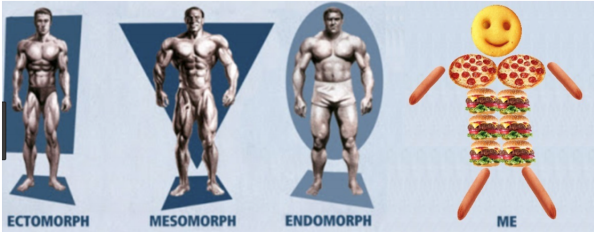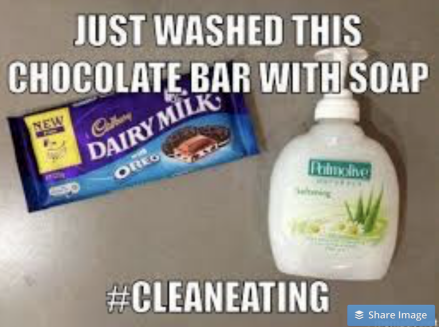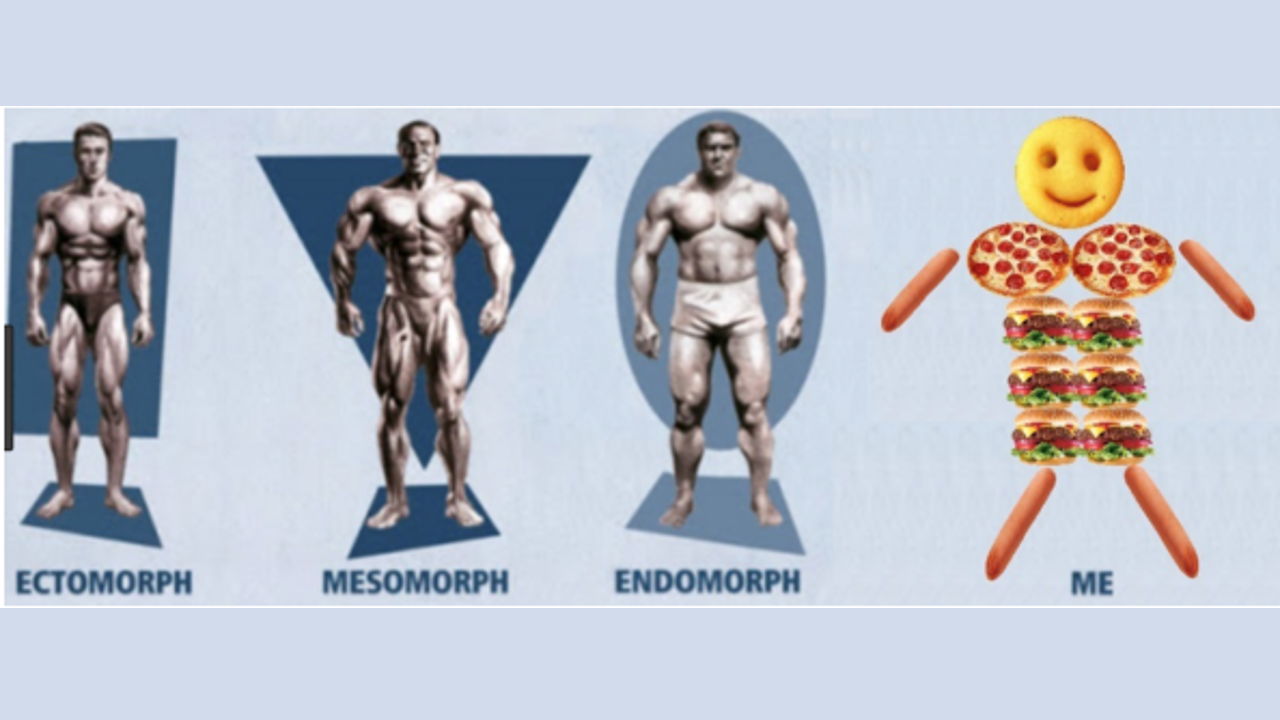Memes Could Be Unhealthy, Say Researchers
In a paper submitted to the UK Parliament by Loughborough University titled “MEMEotive – Analysing the Effects of Internet Memes on Young Teenagers’ Health and Health Behaviors,” five professors highlight the prevalence of unhealthy lifestyles among children and teenagers within the UK, and the burden of cost on the National Health Service (NHS).
They argue that unregulated health information on social media can have a negative impact on the health choices of teenagers.
They also suggest (within the quote below) that internet memes can potentially normalize bad behaviors like trolling, “body-shaming” (which includes viewing obesity as unhealthy), and bullying.
“Our provisional inquiries show that a substantial number of individuals on Twitter share health related Internet memes, with both positive and negative messages… [T]he vast majority of sharers display little, if any, emotion when sharing these memes: many of which contain inappropriate material or ridicule others by race, gender, ethnicity, sexuality, body shape, religion, diet etc. When viewed in this way, Internet memes have the potential to normalise undesirable behaviours such as trolling, body shaming and bullying, and a lack of emotion may be indicative of a larger apathy with regards to such practice.”
MEMEotive Executive Summary Point 6
The authors of the paper are concerned about “the perceived lack of emotion associated with the sharing of memes.”
According to their EMOTIVE tool that analyzes emotion online, tweets containing the #tea hashtag expressed (on average) nearly twice as much emotion than the #meme hashtag. The reliability of this measurement is questionable at best.

The authors are worried that memes produce happiness regardless of “underlying tone.”
If this is the broader case then we run the risk of normalising and accepting ridiculing and stereotyping of “non-normative”, “fat”, “unhealthy”, “irresponsible”, “at fault” individuals because of cultural ignorance.
Excerpt of MEMEotive Section 13.d
The authors conclude by stating that we can make the world a better place by challenging trolling, body shaming, and bullying memes. They also include examples of “concerning” memes in the Appendix, shown below.



About The Author:
Nathan A. Kreider is the founder of NAKhub Media and columnist at Being Libertarian. His articles have also appeared at the Foundation for Economic Education, The Lock Haven Express, and The Liberalists, as well as his own website, nkreider.com.




